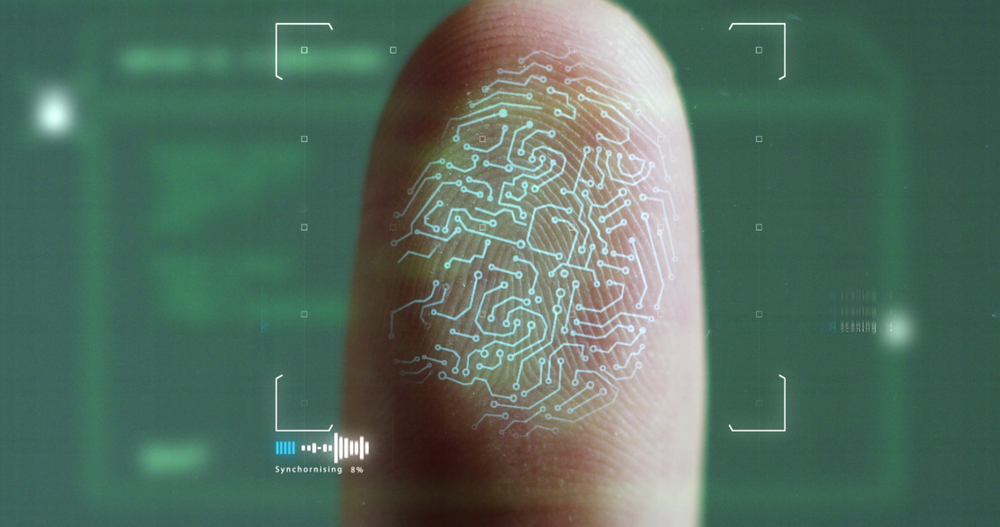
THE Government of Zimbabwe should implement the modern way of fingerprinting as more Zimbabweans are demanding this service.
Zimbabwe is a digital economy, which now should adopt fingerprint recognition systems and move away from the ink and paper process. This is an unnecessary, tiresome and laborious process just to get a police clearance.
We know it is a process to get police clearance from the Zimbabwe Republic Police (ZRP). Police clearance is mostly required by those seeking employment or those that want to leave the country and is equally required by those seeking to apply for visas to travel abroad, to obtain work permits or study permits.
The process is not simple and easy. It is the Criminal Investigation Department (CID) that is charged with the responsibility of producing these clearances through its Criminal Records Office working in conjunction with the Central Criminal Bureau. The two sections are the repository of criminal records for all those people that have been convicted of an offence in Zimbabwe, including those that have deposited fines for offences they have committed.
The process requires that the person requiring police clearance should submit his/her fingerprinted forms together with proof of payment of the vetting clearance fee in the form of the original/top copy receipt and the fingerprint forms are not easily available due the closure of Kingstons Limited.
The forms for clearance vetting are different from those used by the police (form 14) for taking the fingerprints of criminals. As such, the ZRP does not provide fingerprint forms from their police stations.
Zimbabweans abroad can approach their respective local police stations on how they can process the clearance process. After having obtained their forms, people can approach their local police stations to have their fingerprints taken.
Those abroad seeking clearance from the Zimbabwean police can have their fingerprints taken in those respective countries. Then a person is required to pay the prescribed fee at their local police station where they will have their fingerprints taken or may elect to pay at CID Headquarters upon submission of their forms.
- Chamisa under fire over US$120K donation
- Mavhunga puts DeMbare into Chibuku quarterfinals
- Pension funds bet on Cabora Bassa oilfields
- Councils defy govt fire tender directive
Keep Reading
After payment they should keep the original copy of the receipt that is attached to the forms as proof of payment. People can bring forms in person or send someone to submit the forms.
Those outside Zimbabwe can make a deposit in the CID Headquarters Standard Chartered Bank Account number 8740416046400, Short code 5156, Swift code SCBLZWHX and the vetting fee is US$75 or the equivalent of whatever currency they are using.
After payment, proof of deposit should be attached to the prints. The clearance will only be processed when proof of payment has been confirmed by the Standard Chartered Bank in Zimbabwe.
Those outside Zimbabwe can make use of their courier services, such as Fedex, DHL or any other such service providers to send their fingerprints forms to the following address: CID Headquarters, Corner 10th Street/Josiah Chinamano Avenue, Morris Depot, Harare. They can enclose a self-addressed return envelope so that the certificate can be sent back to them.
In recent years, the world of technology has witnessed huge growth in deployments of fingerprint recognition systems in a variety of applications. Most private and secure institutions now require you to place your thumb on a system as you enter the respective building. Even on our mobile devices we have mobile biometric fingerprinting technology that provides a biometric recognition system to either unlock the phone or even to open a door that is miles away. Many of us are actively using fingerprint recognition daily, with most of today’s modern smartphones using your fingerprint as one of their biometric authentication methods.
Many businesses, large and small, are also starting to make use of fingerprint recognition technology in order to control access to buildings and restricted areas, reducing the need for access control cards and eliminating the risk of people “sharing” access cards.
This is technology that should be adopted by ZRP as a way of storing and clearing Zimbabweans. There is no need for a Zimbabwean to travel long distances or even to visit a police station; the police can use our post offices and the mobile devices that person uses on a daily basis.
The advantages of using fingerprint recognition systems are:
Accuracy — fingerprint recognition is a highly accurate method of identification.
Mobile options — while a lot of fingerprint scanners are fixed, mobile options exist with fingerprint recognition systems which are great for public safety applications in the field.
Secure — unlike password-based security systems, fingerprint recognition is a highly secure authentication method. Near impossible to copy or duplicate, fingerprint authentication systems offer a high level of security across a wide range of applications.
Scalable — like other biometric authentication solutions, fingerprint systems are highly scalable. You can add more areas by adding to the number of mobile units you have, scaling your fingerprint recognition solution is quick and easy.
Easy deployment — fingerprint recognition systems are easy to deploy.
The ZRP should move with technology like other policing countries. They should work on immediately implementing fingerprint recognition systems to ease the process of Zimbabweans who require police clearance.
- For more details please Whatsapp/call +263772278161
- Mutisi is the CEO of Hansole Investments (Pvt) Ltd and the current chairperson of Zimbabwe Information & Communication Technology, a division of Zimbabwe Institution of Engineers. — chair @zict.org.zw.










